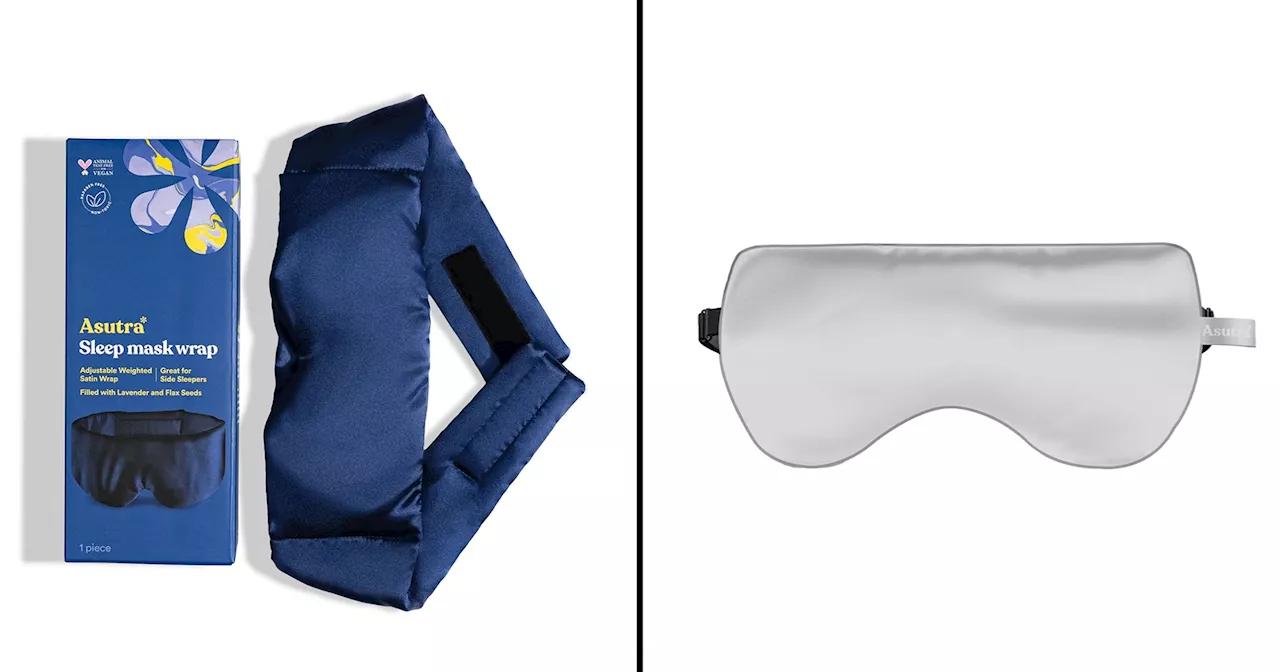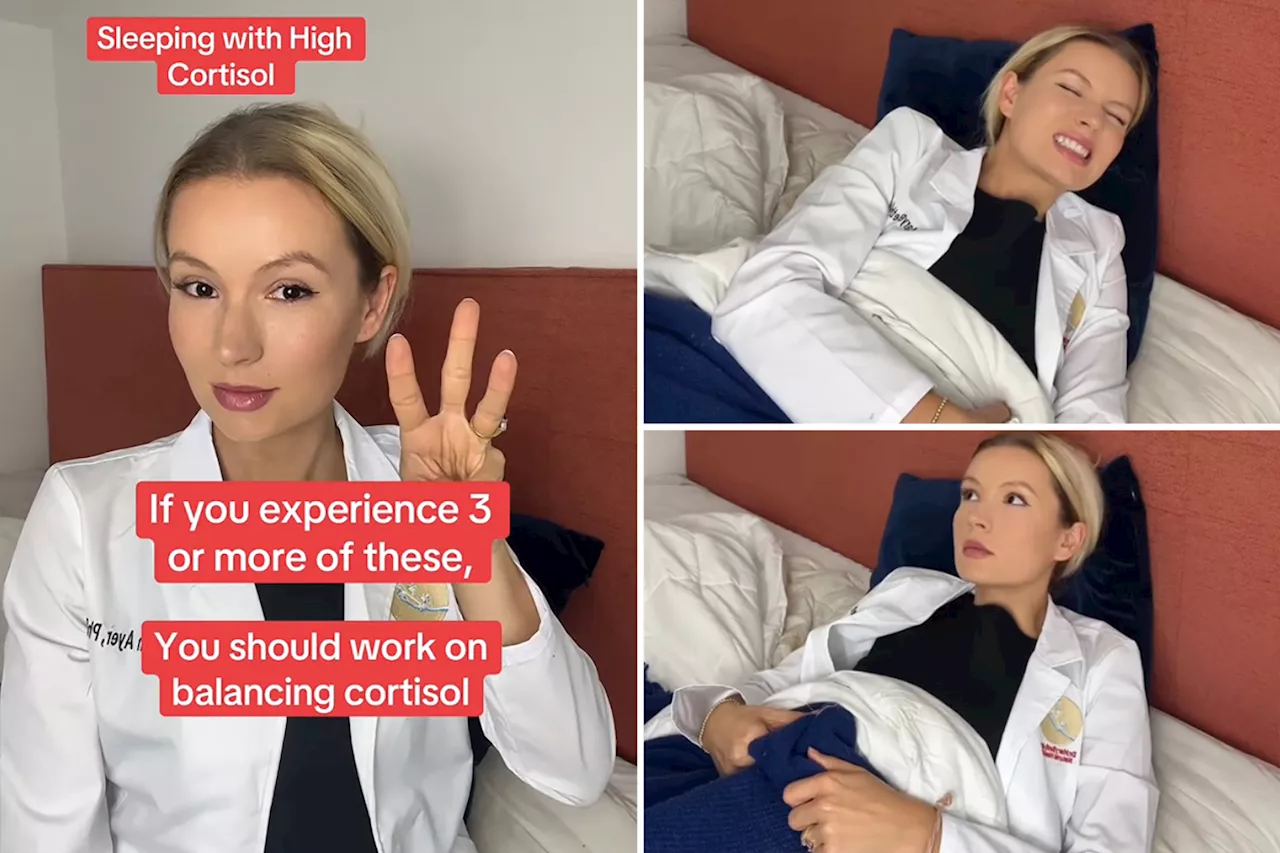This article explores the interconnectedness of sleep and eating disorders, drawing on personal experiences of struggling with anorexia. It highlights the disruptions in sleep patterns common during eating disorder recovery and the profound improvements in sleep quality achieved after recovery.
At least 10 major factors contribute to this interference with sleep. Sex are the big three evolved drives. I’ve written a couple of posts about sex, and this whole blog is about eating, but I’ve never dealt in a substantial way with sleep. If we ask how eating disorders and sleep interact, it’s a familiar story (one I told about cognitive impairment): The disturbed eating disturbs sleep, which in turn disturbs the eating further.
As with any feedback loop, it doesn’t really matter where the loop begins; what matters is how it gets and keeps itself entrenched—and what we can do about it. Beyond the eating itself, there’s perhaps no feature of my life that was messed up as badly as sleep when I was ill, and that is as reliably excellent now that I’m better. It wasn’t so much the sleep quality or quantity that suffered during my years (though I’m sure quality wasn’t brilliant), but mostly the timing. For much of my anorexic life, I was up most of the night stringing out my presleep eating to heighten the feelings of control and therefore the fully “justified” pleasure of finally eating. It got so bad that sometimes I’d cycle through the entire 24 hours, staying up so late that I couldn’t even go to bed, and then “resetting” with weird afternoon, split sleeps with a bit of midnight eating in between, and maybe a few days of relatively ordinary bedtimes before things began to slip again. I remember some particularly awful times in the winter of my master’s when those two-phase nights were happening: Crashing out in the middle of the evening, forcing myself back up in the freezing cold at 1 or 2 a.m. to work and drink hot drinks, and then eventually eating before sleeping again through most of the morning. And now, well, I get sleepy around 10, usually drop off to sleep as soon as I close my eyes, and often wake a bit earlier than I’d like but feeling pretty well-rested after a solid eight hours. As in so many life domains post-recovery—stuff works again.
SLEEP DISORDERS EATING DISORDERS ANOREXIA RECOVERY SLEEP HYGIENE
United States Latest News, United States Headlines
Similar News:You can also read news stories similar to this one that we have collected from other news sources.
 The LivewireA New Perspective on Sleep and Sleep Training
The LivewireA New Perspective on Sleep and Sleep Training
Read more »
 The Best Sleep Asutra Sleep Products to Improve Your Beauty RoutineFrom cooling sleeping masks to weighted neck wraps, Asutra has every product available to improve your quality of sleep
The Best Sleep Asutra Sleep Products to Improve Your Beauty RoutineFrom cooling sleeping masks to weighted neck wraps, Asutra has every product available to improve your quality of sleep
Read more »
 The Sleep Routine That Helps Me Spend Up To 25% Of The Night In REM SleepPlus, the PEMF mat that totally transformed my snooze.
The Sleep Routine That Helps Me Spend Up To 25% Of The Night In REM SleepPlus, the PEMF mat that totally transformed my snooze.
Read more »
 The 10 sleep habits you should never ignore — if you do 3 or more of these, see a doctorIt’s time to stop losing sleep over poor sleep.
The 10 sleep habits you should never ignore — if you do 3 or more of these, see a doctorIt’s time to stop losing sleep over poor sleep.
Read more »
 Finding Strength in Seeking Help: Christmas and Eating DisordersThis article explores the challenges of Christmas for individuals with eating disorders, drawing on the experiences of Amber Harrison and Paula Gibson from Freed Beyond. It emphasizes the importance of support, open communication, and the strength in seeking help.
Finding Strength in Seeking Help: Christmas and Eating DisordersThis article explores the challenges of Christmas for individuals with eating disorders, drawing on the experiences of Amber Harrison and Paula Gibson from Freed Beyond. It emphasizes the importance of support, open communication, and the strength in seeking help.
Read more »
 Values: A Compass for Lasting Recovery from Eating DisordersThis article explores the power of values in guiding lasting recovery from eating disorders. It contrasts values with resolutions, highlighting the internal and enduring nature of values. The text emphasizes how values like self-compassion, self-acceptance, and health can shift the focus away from appearance-based goals and towards inner well-being.
Values: A Compass for Lasting Recovery from Eating DisordersThis article explores the power of values in guiding lasting recovery from eating disorders. It contrasts values with resolutions, highlighting the internal and enduring nature of values. The text emphasizes how values like self-compassion, self-acceptance, and health can shift the focus away from appearance-based goals and towards inner well-being.
Read more »
